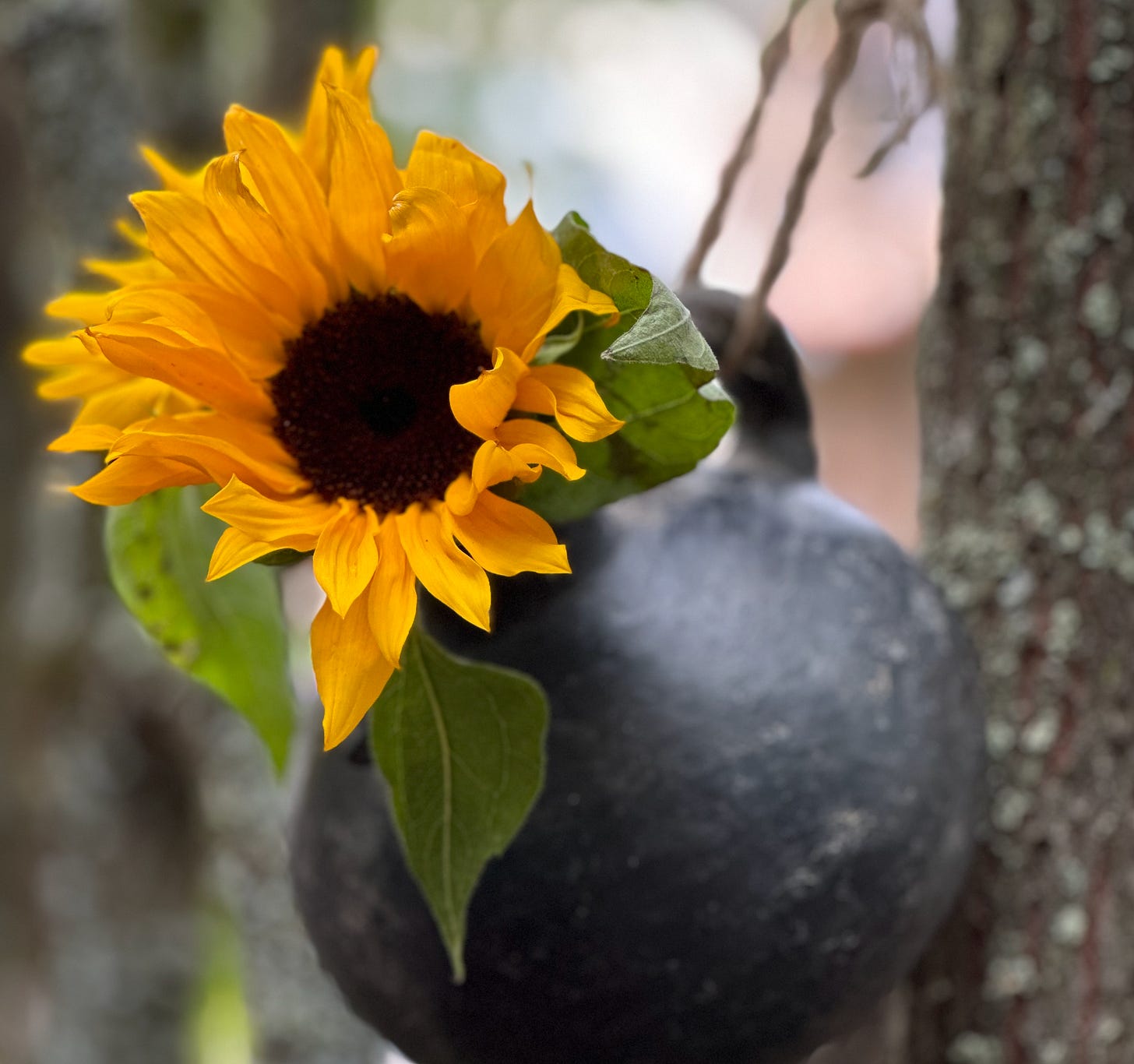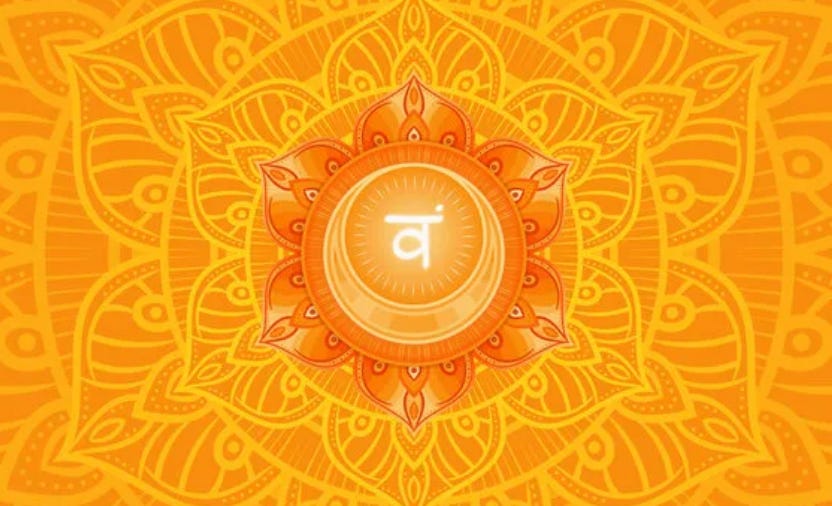Forgiveness
Part Three: We must first learn to forgive ourselves, then we can forgive others
I am so sorry Kathryn. I am just so sorry. These were the only words circling inside my head when I woke the next morning. I was filled with remorse and regret, for all the years I spent forgetting who I am. Years wasted in a drunken stupor - not the few years drunk on alcohol, but the decades lost in a hardened exterior that caused me and others so much pain.
My life required me to be tough. Given the circumstances of my childhood, I had two choices, either be strong and overcome the mountains of adversity or be weak and be swallowed up by circumstance. I chose strong. But at some point along the way, strength morphed into harsh. I wrapped myself in an impenetrable clear coating of strength that nobody could see - not even me. For those who dared to get close enough, they could feel the hard exterior but for most, I just appeared unbreakable. A pillar of strength.
In preparation for the second ceremony, all the participants of the retreat collectively met with the maestro and maestra, to give further insight and background into what they got a glimpse of during the first ceremony, which is considered a diagnostic night of sorts. When it was my turn to share, I let it all out. My sorrow, my regrets, and the surprising self loathing that surfaced the night before. With love and compassion, Corina said to me, through an interpreter, “You have so much pain and you need to forgive. You need to forgive yourself and all of those who have hurt you. Hurt people hurt people. We will work through this tonight.” This was the start of what felt like a common theme to each ceremony. It turns out, the first night was mostly chaotic and confusing for everyone. A caldron of pain and suffering spilling out into the maloca, which would be addressed with forgiveness tonight. While everyone’s experience with ayahuasca is unique, there was a universal sense of healing through forgiveness in the room that second night. The energy felt slightly calmer and there was a greater release through crying than the night before. One of the facilitators addressed me specifically in the group and said, “Evie, you don’t get rid of the self deprecating voice, with a louder and harsher voice.” Then, on my way along the path to the maloca, I was overcome with a desire for gentleness. I needed to be treated with care, and the person to treat me this way was me. The thoughts of being weak because of the fear and anxiety I felt the night before were being replaced by giving myself some grace. My intention for this ceremony was to show me how to let go. To teach me that gentleness does not equate to weakness. I specifically asked, show me how to be gentle and loving to myself. Show me how to let go of all my pain.
There is a buddhist parable I recently learned, about letting go. (Don’t worry, just because I went away and practiced plant medicine in the Amazon does not mean I have become a Buddhist. I am still very much a Christian) I simply find value in all teachings from those much wiser than I. The parable goes like this….
In this little simile — which is part of a longer sermon (sutta) that tells a story — the Buddha describes someone who needs to get to the safety of the other shore because there is danger where he is, and there is no bridge or ferry or boat nearby, so he puts together a raft. When he gets to the other side, he’s so pleased with the raft that he decides to carry it around on his head. The Buddha asks his monks if that’s the right thing to do, and they are sure it is not. He agrees and suggests that the one who has crossed should put the raft down.
I realized during the second night’s ceremony that I have been lugging around the life raft that I picked up around age ten. Being strong was necessary for my survival for many, many years. Strength got me through countless painful experiences, like the death of my daughter, but it is no longer necessary for my survival. In fact, it is weighing me down, like a raft across my head in the Buddhist parable. My reliance on strength has kept me from being soft and gentle, with others and especially with myself. For the first time in as long as I can remember, I surrendered myself to weakness and all my regrets were removed. I have forgiven myself for keeping Kathryn and others out of my heart. I also do not have regrets over the time I considered “wasted.” I did what I did while I needed to do it and I have nothing to be sorry for. I now long for a relationship with Kathryn, as another human who greatly impacted my life. I have started to make arrangements to move her grave from Texas to to Coeur d’Alene, where her memory can be celebrated regularly. I have forgiven the people in my life whose negligence and hurt required me to put on armor. They may have been the cause of me suiting up, but they didn’t make me wear it for far too long.
What I learned about myself during the first two ceremonies was something I had no conscious awareness I struggled with. Which is a profound example of how little we really know about what lies beneath the surface of what we call ourselves. It brings me to one of my all-time favorite quotes from Carl Jung -
Let no day pass without humbly remembering, that everything has yet to be learned.
While utilizing plant medicine undoubtedly opens us up to the unconscious aspects of our minds and behaviors, it is hardly necessary for us to discover more about ourselves. We can heal through many different means, but we cannot heal what we do not know ails us. In order to figure that out, we must get quiet. We have to be humble and willing to accept we know very little. We must free ourselves from the ego that tells us we are just fine the way we are and that we have it all figured out. What raft are you carrying on your head that no longer serves you? If a trip abroad to a healing retreat isn’t in the cards for you right now, or if it has no allure, no worries. A dedicated meditation practice can bear great fruit in quieting the mind long enough for us to listen to what the world, God or the universe is trying to tell us.
I have no doubt God has been leading me to a place of deep healing. I also believe God resides in each and every one of us and we therefore have many gifts to offer one another. If you believe God made each of us, then there is no argument against turning to one another for help. The beautiful Shipibo people, and the natural medicine they have been using for thousands of years helped me to heal in ways I never imagined possible. I saw God working through them and I am eternally grateful.
And best of all, forgiving myself was just the beginning. Everything got brighter from there on out…
Part Four:
The Purge
It is amazing to me what the body is capable of storing. If you’ve followed my writing for any length of time, you have certainly heard me say to ad nauseam that the body houses the mind and the spirit. This was my mantra and message to others, all those years I spent in the fitness industry. Trying to convince people of the importance of taking care of…






- But we cannot heal what we do not know ails us. I Love this because finding out what really ails us is the key to finding true peace.
❤️